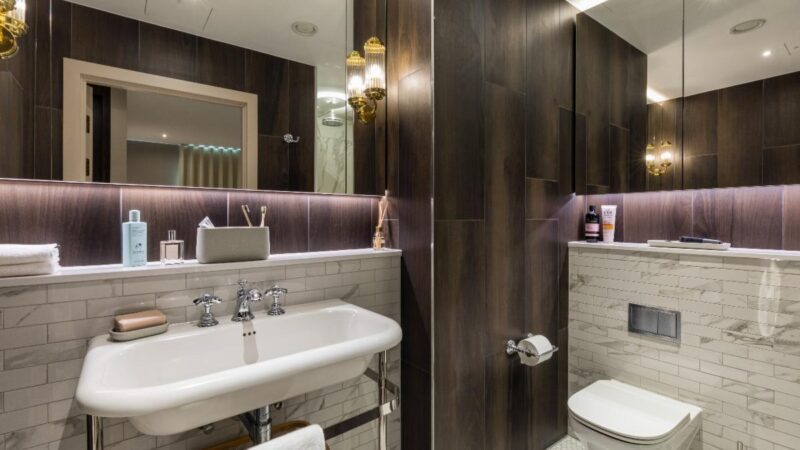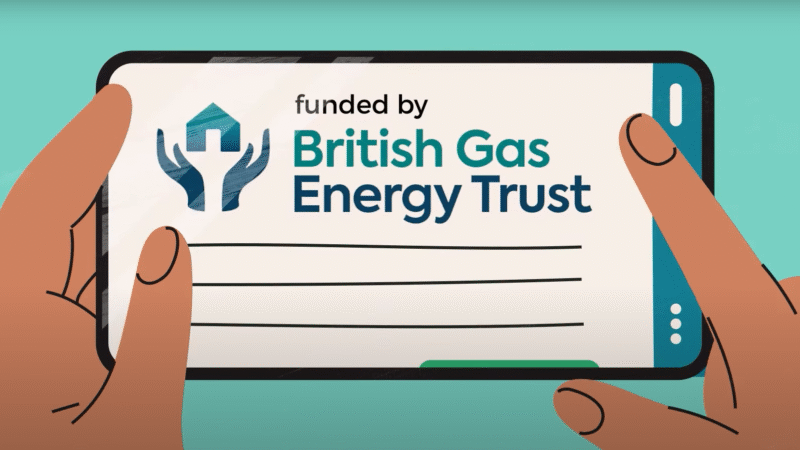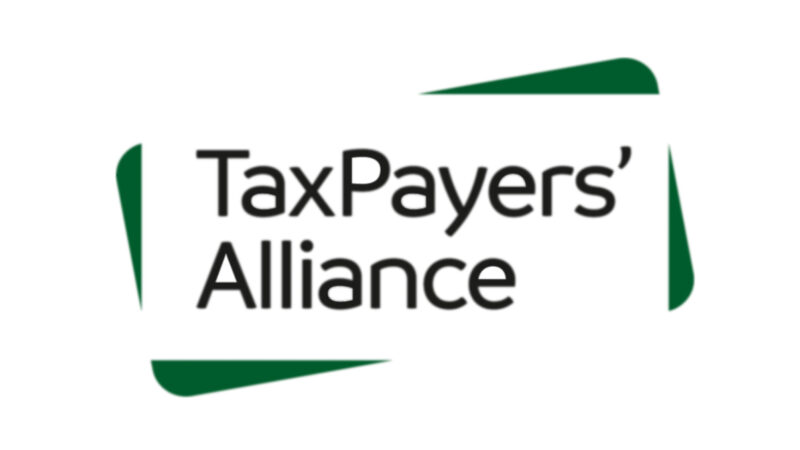Ten Ways to Save on a UK Winter Staycation

Google searches for ‘Staycations’ across the UK have surged by 233%, as Brits are looking for a winter getaway closer to home.
With the cost of living continuing to dent our bank accounts, many will be opting for the cheapest ways to get away ahead of the festive season.
Fortunately, Sam Whillance, a savings expert at Deal.Town has shared his expert tips to help you save as much as you can when booking a winter staycation this year.
Book closer to home
No matter where you live, you don’t need to travel too far to find a complete change of scenery.
With petrol prices on the rise, you want to save as much money on travel as you can, which means opting for somewhere closer to home.
Therefore, swapping a long drive for a journey of an hour or so to a nearby coastal or rural area, will help you save on petrol money, stress, and of course is better for the environment too.
Avoid events when booking accommodation
If you book a weekend somewhere without realising there is a huge concert or sporting event happening at the same time, not only will prices be higher, but also places will be a lot busier.
Generally, weekends are always more expensive than weekdays, due to higher demand, so if you can get away during the week, do so.
Ideally, the weekdays leading up to Christmas, before the 19th of December are going to be your best option.
Book directly with a hotel
Whilst using comparison sites to check prices and locations is a good place to start, it is recommended you directly contact the hotel or B&B for a good deal.
Often, their best deals aren’t always on comparison sites.
Also, it may be the case that the hotel is listed as sold out for your dates on a comparison site, however by directly contacting the accommodation, they could let you know whether they get a last-minute cancellation.
Bring your own food
Whilst eating out is one of the best parts of a holiday, it can be expensive if you’re doing it every day.
Especially if you are in a cosy lodge in the countryside, bringing along your own food to cook will definitely help you save on spends.
If you are doing a supermarket shop on the way to your trip, do some research online for the supermarkets that currently have the best deals.
Of course, being signed up to a loyalty scheme offered by supermarkets will slash your basket price significantly.
Sign up to loyalty schemes
Speaking of loyalty schemes, like supermarket shopping, it is also worth signing up to free loyalty schemes with hotel chains and booking websites to save money when staycationing in the UK.
Often, they will give loyal customers promotions and discounts for their next trip, so it is always worth getting yourself on the mailing list.
Opt for budget-friendly accommodation sites
Always opt for budget-friendly accommodation websites for your staycation.
Often, the best option is to look for vacation rentals by owner. VRBO offers accommodation owned privately that are usually less expensive than traditional hotel rooms and can offer more space and amenities.
Another option is booking a room in a bed and breakfast (B&B), that are often family-owned and operated. Therefore, you will receive a more personal experience and often B&Bs will offer discounts for longer stays.
Plan ahead
We all know that saying, but planning ahead will always help you avoid being caught out by last-minute price surges.
Planning your trip in advance can allow you to take advantage of early bird discounts and special offers.
Stay with friends and family
This is not always possible for everybody, but if you are lucky enough to have friends or family in different parts of the UK, you could save a lot of money on your staycation trip by staying with them.
Whether it’s a family member’s home, a friend’s caravan or a winter lodge, don’t hesitate to ask, as this could save you a great deal on accommodation.
Try to travel off-peak
If possible, travel during off-peak periods, this will be significantly cheaper.
Essentially, avoid weekday rush hours from 6 am-10 am and 4 pm-8 pm. The best time to travel on a motorway to avoid weekend congestion is on an early morning, Saturday or after 6 pm before congestion becomes more likely and around 11 am on a Sunday.
Don’t forget insurance
Even though you may not be leaving the country, unexpected and costly problems are just as likely to arise the same as if you were heading abroad.
There can be anything from travel delays, lost or stolen luggage and cancellations.
Therefore, if you are purchasing a train ticket, it is always worth adding insurance onto it, just in case there are any sudden changes to your journey. The same applies to accommodation, it is always worth securing any money you have spent.






